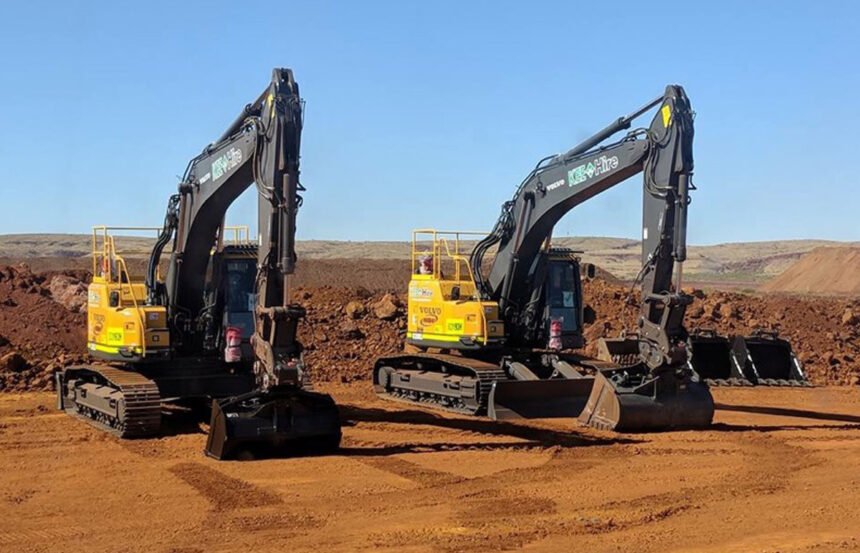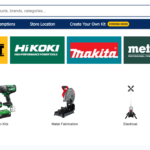Embarking on a construction project requires meticulous planning, a keen eye for detail, and the right resources. One of the most pivotal decisions during the initial stages of any construction project is the choice of heavy machinery. Excavators, fundamentally, play a critical role in the successful execution of a variety of construction tasks. The decision to hire excavator equipment is one that can influence a project’s efficiency, safety, and ultimately, its overall success. In this article, we will explore the essential considerations to keep in mind when choosing the right excavator for your construction project.
Assessing the Project’s Needs
Before you even begin to look at the available excavator options, it’s imperative to have a comprehensive understanding of your project’s requirements. Factors such as the scale of the project, the type of terrain, and the specific tasks at hand will greatly determine the kind of excavator you need.
The scale of the project influences the size of the excavator required. Larger projects may necessitate bigger, more powerful machines that can handle significant loads and save on time. Conversely, smaller projects might benefit from a more compact excavator that can manoeuvre in tight spaces with ease.
The nature of the terrain is another crucial factor. Tough, rocky surfaces might require excavators with more robust digging capabilities and increased durability. Conversely, soggy or soft grounds will need excavators equipped with appropriate tracks to avoid sinking and to ensure stability.
Understanding the specific tasks, whether it is digging trenches, demolishing structures, or moving large objects, helps in selecting an excavator with the suitable bucket capacity, attachment options, and power requirements.
Considering Excavator Types
There is a multitude of excavator types, each designed to perform optimally in different scenarios. The standard crawler excavators are ideal for most earthmoving tasks, offering impressive power and the ability to traverse slopes or uneven terrain. Wheeled excavators might be preferable for urban environments, where the need to move swiftly between jobsites or across paved roads is an advantage.
For projects that have space constraints or require precision, mini or compact excavators can provide the finesse and accessibility required. These are particularly useful for tasks in tight quarters that might be inaccessible to larger machinery.
Long-reach excavators are necessary when the project involves working over water or in hard-to-reach places. These specialised machines have an extended arm and are crucial for jobs that demand reach rather than digging depth.
Checking for Attachments and Customisations
The versatility of an excavator is remarkably enhanced by the attachments it can support. Hydraulic breakers, for example, are essential for demolition tasks, while auger attachments can be invaluable for boring holes. Grapple attachments are ideal for sorting and moving debris or logs, and plate compactors can be used for compacting soil in trenches or slopes.
The right attachments and customisations can also increase efficiency by reducing the need for additional machinery on site. When deciding to hire an excavator, reviewing the availability and compatibility of these attachments with your chosen hire service can be a deciding factor.
Evaluating Operator Comfort and Safety
The comfort of the operator is not to be overlooked, as it directly correlates with productivity. Modern excavators come equipped with cabs that provide better ergonomics, visibility, and noise insulation. Higher comfort levels reduce operator fatigue, which in turn enhances safety and efficiency on the job site.
Safety is a paramount concern in any construction project. Excavators should be equipped with up-to-date safety features such as rearview cameras, automatic hazard detection systems, and secure cabins. The decision to hire an excavator should be informed by the machine’s compliance with recognised safety standards and protocols.
Assessing Machine Quality and Service
When looking to hire an excavator, it is crucial to partner with a reputable provider. The quality of the machinery should be apparent; it should be well-maintained, relatively new, and from a recognised brand known for reliability and performance.
A provider that offers comprehensive servicing and support is indispensable. During the rental period, having immediate access to maintenance and repair services ensures that any downtime is minimised, keeping your project on schedule.
Furthermore, working with a hire company that affords knowledgeable, responsive customer service can assist in troubleshooting any issues that may arise, and provide valuable advice on machine operation or attachment selection.
Understanding the Cost Considerations
Cost is always an influential factor when opting to hire an excavator. Transparency about the rental rates, whether they are daily, weekly, or monthly, is crucial in budgeting for the project. Additionally, consider potential extra costs, such as delivery fees, operator charges (if not self-operated), and any additional insurance required.
While cost-effectiveness is important, it should not come at the expense of machine quality or safety. Opting for the cheapest option can sometimes lead to additional costs in the long run, through machine downtime or inadequate performance for the task at hand.
In Conclusion
Choosing the right excavator for your construction project is a task that warrants careful consideration. From understanding your project’s unique needs to assessing the available equipment and the support provided by the hire service, every aspect plays a significant role in ensuring a project’s success. When making the decision to hire excavator machinery, be guided by the project’s scale, the jobs to be carried out, and the service quality of the provider, all while factoring in the cost and safety implications. A smart hiring choice will not only elevate efficiency and productivity but will also uphold the highest safety standards for the entire construction team.








